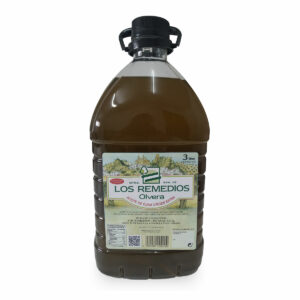THIS BACTERIA HAS BECOME A THREAT FOR THE MEDITERRANEAN OLIVE GROVE
Spanish and Italian researchers met last February at the Córdoba Provincial Council to attend an international conference whose purpose was to analyze and transfer existing knowledge about ‘Xylella fastidiosa’, a bacterium native to America that dries up plantations and constitutes a threat to the Mediterranean olive grove and is already a palpable reality in some Italian regions, como Puglia, so they seek to prevent their entry into Spain. The European Union has activated the health alarm due to the serious problems it is causing in the countryside of the neighboring country. “
The first vice-president of the Cordovan deputation, Salvador Fuentes, that opened the day, stated that "this is the great threat to the olive grove, and here we have experts who can contribute a lot to eradicate this problem, so that we are more forward-looking, taking into account the Italian experience ".
The bacterium is transmitted from one plant to another through the action of an insect vector, so that the main route of spread of the disease is the transport of contaminated plant material to areas where the organism is not present. For this reason, Agricultural organizations such as Asaja have advised farmers to take extreme precautions and that the plant material always comes from officially authorized producers and with a phytosanitary passport, where appropriate.. Right now, and by proximity to the outbreak detected in Italy, It is necessary to take special care of the origin and phytosanitary status of sensitive plant material from that country. The actions that will be launched during this year respond to the surveillance requirements raised by the European Commission itself, that has established measures to prevent the spread of this disease, what, for the moment, is not present in Spain.
Surveillance tasks will mainly focus on nurseries producing sensitive species, as well as in olive groves. Thus, It is planned to reinforce the controls to the nurseries dedicated to the production and commercialization of olive plants, at, citrus, almendro, sensitive ornamentals and plants of the genus Quercus, with special emphasis on those cases in which the species come from Italy or another country where the bacterium is known.
The works will be completed with a surveillance in olive groves throughout Andalusia.






